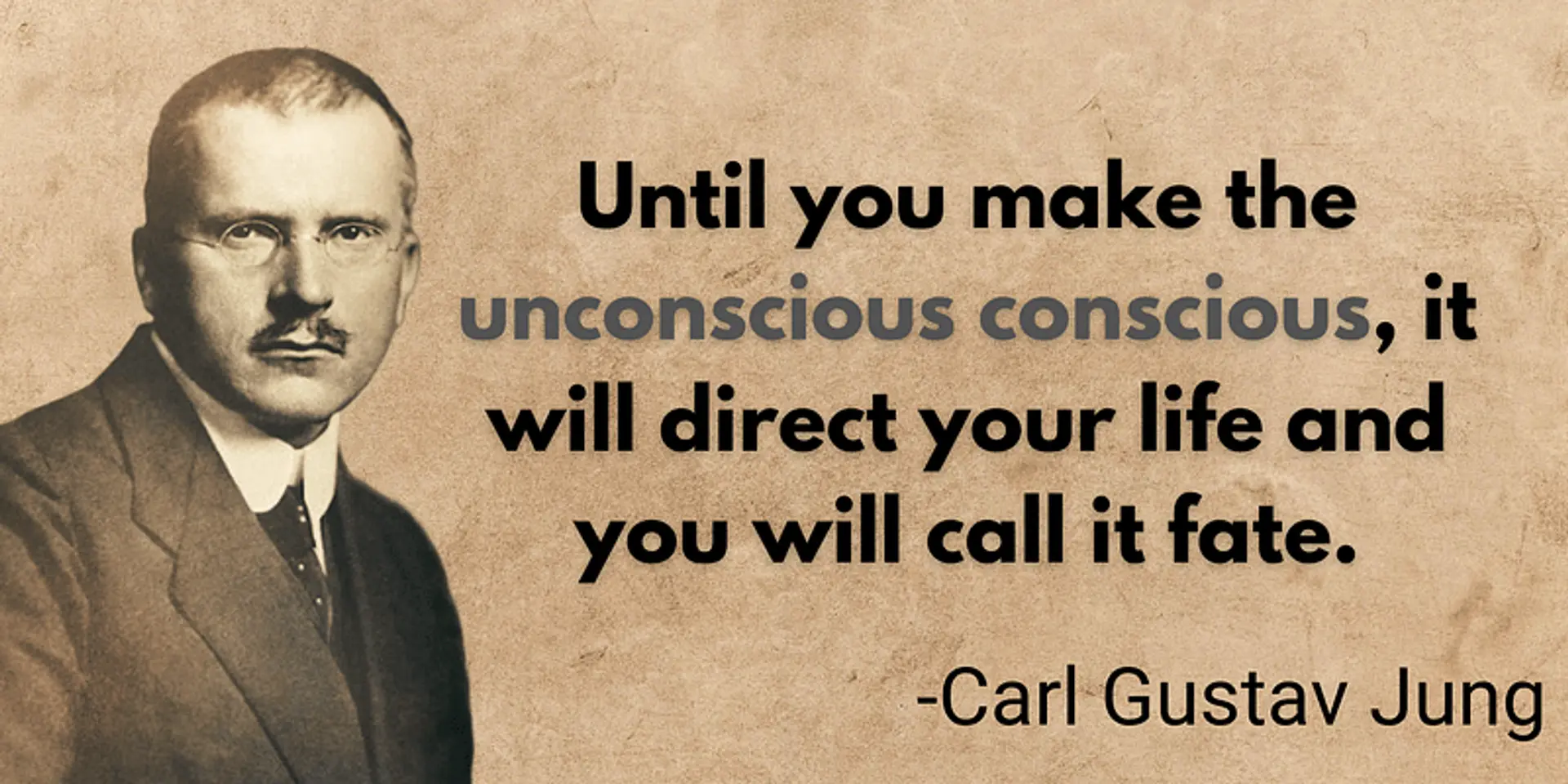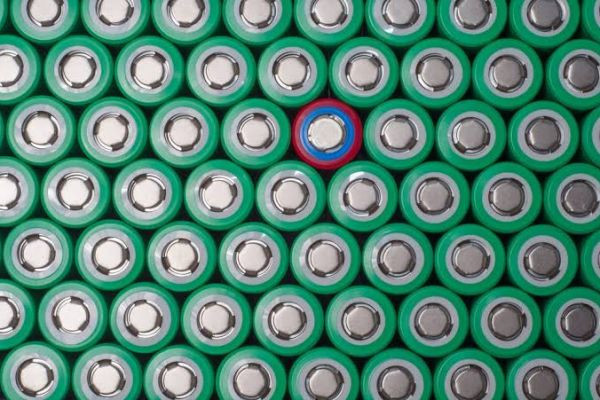Have you ever laid awake at night, staring at your ceiling, wondering how exactly you got here? Not just in this room, this moment, but here – existing as a conscious being in this vast cosmos? I have. And I bet you have too.
Let's start with something mind-bending: according to quantum field theory, the very atoms that make up your body are 99.9999999% empty space. Yet here you are, solid and real, reading these words. The quantum vacuum that makes up most of "you" is actually a seething sea of virtual particles popping in and out of existence in timespans too short to measure. Physicist Lawrence Krauss suggests in "A Universe from Nothing" that these quantum fluctuations might even explain how our entire universe began.
Speaking of beginnings – 13.8 billion years ago (give or take a few hundred million years), everything we know exploded from a singularity smaller than a subatomic particle. The initial inflation happened faster than you can blink. Alan Guth's inflationary theory suggests the universe expanded by a factor of 10^78 in just 10^-36 seconds. Try wrapping your head around that. I can't.
But here's what keeps me up at night: why did it happen at all? Why is there something rather than nothing? Philosopher Thomas Nagel argues in "Mind and Cosmos" that our current scientific framework might be fundamentally inadequate to explain not just consciousness, but the very existence of life and reason. Are you feeling small yet? Good. Me too.
Remember learning about evolution in school? They probably didn't tell you about the Cambrian Explosion, when complex life forms suddenly appeared in the fossil record around 541 million years ago. Stephen Jay Gould called it "the most remarkable and puzzling event in the history of life." In just 25 million years (a blink in geological time), nearly all modern phyla appeared. Your distant ancestor was there, taking form, developing the basic body plan you inhabit today.
But let's get personal. You're here because of an unbroken chain of successful reproductions stretching back to the first self-replicating molecules. Every single one of your ancestors – from the first prokaryotes to your great-grandparents – survived long enough to pass on their genes. You're the result of billions of years of evolutionary success. How's that for a pedigree?
Yet you're probably sitting there feeling... what? Lost? Uncertain? Join the club. We're living in what sociologist Zygmunt Bauman calls "liquid modernity" – a time when social forms and institutions no longer have time to solidify and can't serve as frames of reference for human actions. Everything feels fluid, uncertain, temporary.

Did you know that rates of depression have increased by 50% in the past decade? The WHO reports that over 264 million people globally suffer from depression. You're not alone in feeling overwhelmed. We're all trying to navigate a world that's evolving faster than our brains can adapt.
Remember that our brains evolved to help us survive on the savannah, not to make us happy. Neuropsychologist Rick Hanson points out that our brains are like Velcro for negative experiences and Teflon for positive ones. It's called the negativity bias, and it kept our ancestors alive. But now? It might be keeping you up at night, replaying that embarrassing moment from three years ago.
Let's talk about consciousness – that mysterious thing that makes you you. Integrated Information Theory, developed by Giulio Tononi, suggests consciousness is intrinsic to certain physical systems. The more integrated information a system contains, the more conscious it is. Your brain, with its 86 billion neurons making trillions of connections, is possibly the most complex information-processing system we know of. Yet you still can't decide what to have for dinner.
The ancient Vedic texts of India spoke of "Brahman" – the ultimate reality underlying all existence. Quantum physicists speak of quantum entanglement and non-locality. Are they describing the same thing in different languages? When Einstein called quantum entanglement "spooky action at a distance," was he touching on something the ancient mystics already knew?
Here's something to consider: studies in quantum mechanics suggest that observation affects reality at the most fundamental level. The double-slit experiment shows that particles behave differently when they're being observed. What does this mean for consciousness? For free will? For your role in shaping reality?
You might be thinking this is all very interesting, but how does it help with the weight you're carrying? The emptiness you feel when you wake up in the morning? The sense that everyone else has figured it out while you're still struggling?
Consider this: according to terror management theory, much of human culture and achievement is driven by our awareness of death. We build monuments, create art, have children, write books – all in an attempt to leave something behind, to matter. Your existential crisis might be the source of your greatest potential.
The philosopher Albert Camus argued that the fundamental question of philosophy is whether life is worth living. He concluded that we must imagine Sisyphus happy, eternally pushing his boulder up the hill. Why? Because the struggle itself toward the heights is enough to fill a person's heart.

Did you know that post-traumatic growth is actually more common than PTSD? Research by psychologists Richard Tedeschi and Lawrence Calhoun shows that many people experience positive psychological changes following periods of intense struggle. Your current difficulties might be the foundation for your future strength.
Remember earlier when we talked about quantum vacuum fluctuations? Here's something wild: according to some interpretations of quantum mechanics, the vacuum state isn't empty at all – it's the source of all possibility. Maybe your current void isn't empty either. Maybe it's pregnant with potential.
Look at the night sky. The photons hitting your retina left their stars hundreds, thousands, even millions of years ago. When you look up, you're looking back in time. Those stars might not even exist anymore, but their light is only just reaching you. What light are you sending out into the universe? What effect will you have that you might never see?
The psychologist Carl Jung wrote about synchronicity – meaningful coincidences that seem to defy casual explanation. He suggested there might be an acausal connecting principle in the universe. Is it coincidence that you're reading these words right now? That of all the possible paths through spacetime, yours led you here?
Modern neuroscience shows our brains are incredibly plastic. Every thought you think, every skill you practice, literally rewires your neural circuitry. You're not stuck being who you are. You're not even the same person you were when you started reading this.
The philosopher Martin Heidegger talked about "thrownness" – the fact that we find ourselves thrown into existence without choosing the circumstances. But he also talked about "projection" – our ability to project ourselves into future possibilities. Yes, you're thrown into this moment, but what will you do with it?
Research in positive psychology by Barbara Fredrickson shows that experiencing positive emotions broadens our awareness and builds our resources for the future. Even small moments of joy or wonder can have lasting effects. When was the last time you really looked at a flower? Felt the sun on your face? Listened to the rain?
Did you know that the atoms in your body were forged in the hearts of dying stars? Every carbon atom in your DNA, every calcium atom in your bones, every iron atom in your blood – all were created in stellar furnaces billions of years ago. You're not just in the universe; you're of it. The universe is experiencing itself through you.
The anthropic principle suggests that the fundamental constants of the universe had to be incredibly fine-tuned for life to exist. Change any one of them slightly, and we wouldn't be here. Some scientists argue this implies multiple universes. Others see evidence of design. What do you see?
Here's something profound: according to quantum mechanics, particles can exist in multiple states simultaneously until they're observed. Schrödinger's famous cat is both alive and dead until someone opens the box. Maybe your future is similarly undetermined – multiple possibilities existing simultaneously until you choose one.
The psychiatrist Viktor Frankl, writing from his experience in Nazi concentration camps, argued that we can endure any "how" if we have a "why." What's your why? It doesn't have to be grand. Sometimes getting out of bed is an act of defiance against entropy.

Studies in social neuroscience show that our brains are wired for connection. The same neural networks activate when we experience physical pain and social rejection. Your loneliness isn't weakness; it's your brain telling you something important about what it means to be human.
The philosopher Søren Kierkegaard said anxiety is the dizziness of freedom. That feeling of uncertainty? It's not a bug, it's a feature. It's what happens when a conscious being confronts infinite possibility.
Recent research in epigenetics shows that our experiences can affect how our genes are expressed, and these changes can be passed down to future generations. Your efforts to heal and grow might not just help you – they might help your children, and their children.
The Stoic philosophers practiced "negative visualization" – regularly imagining losing what they valued most. Not to increase anxiety, but to deepen gratitude and reduce fear. What would it be like to lose what you have? Now, what does it feel like to have it?
Quantum entanglement shows that once two particles interact, they remain connected regardless of distance. Every person you've ever loved, every moment you've ever experienced, remains connected to you in ways science is only beginning to understand.
Did you know that when you look at your reflection, you're actually seeing yourself in the past? Light takes time to travel from your face to the mirror and back to your eyes. It's minuscule, but it's real. The you that exists now is always slightly ahead of the you that you can see.
The philosopher Hannah Arendt wrote about "natality" – the fact that each birth represents something new entering the world, something that's never existed before. You're not just a collection of atoms, or genes, or social conditions. You're something new under the sun.
Modern complexity theory shows how complex systems can spontaneously generate order from chaos. Your current chaos might be the prerequisite for your next evolution.
The psychiatrist Carl Jung wrote that "until you make the unconscious conscious, it will direct your life and you will call it fate." What patterns are you ready to become conscious of? What choices are you ready to make consciously?

Remember that quantum vacuum we started with? Scientists now believe it contains dark energy – the mysterious force causing our universe to expand at an accelerating rate. The void isn't empty; it's the most powerful force in the universe.
Just as the universe is expanding, maybe we are too. Maybe that emptiness you feel isn't an absence, but a space for something new. Maybe your questions aren't signs of being lost, but of being on the verge of discovery.
What will you discover? What will you create? What light will you send into the future for others to see long after you're gone?
I don't have all the answers. Neither do the philosophers, the scientists, or the mystics. But maybe that's the point. Maybe the meaning isn't in the answers, but in the asking. In the seeking. In the wondering.
So keep wondering. Keep questioning. Keep looking up at the stars. Keep pushing your boulder up the hill. Because you're not just observing the universe – you're the universe observing itself. And that's something worth getting out of bed for.
Isn't it?















Jackisa Daniel Barack
1 年 前に